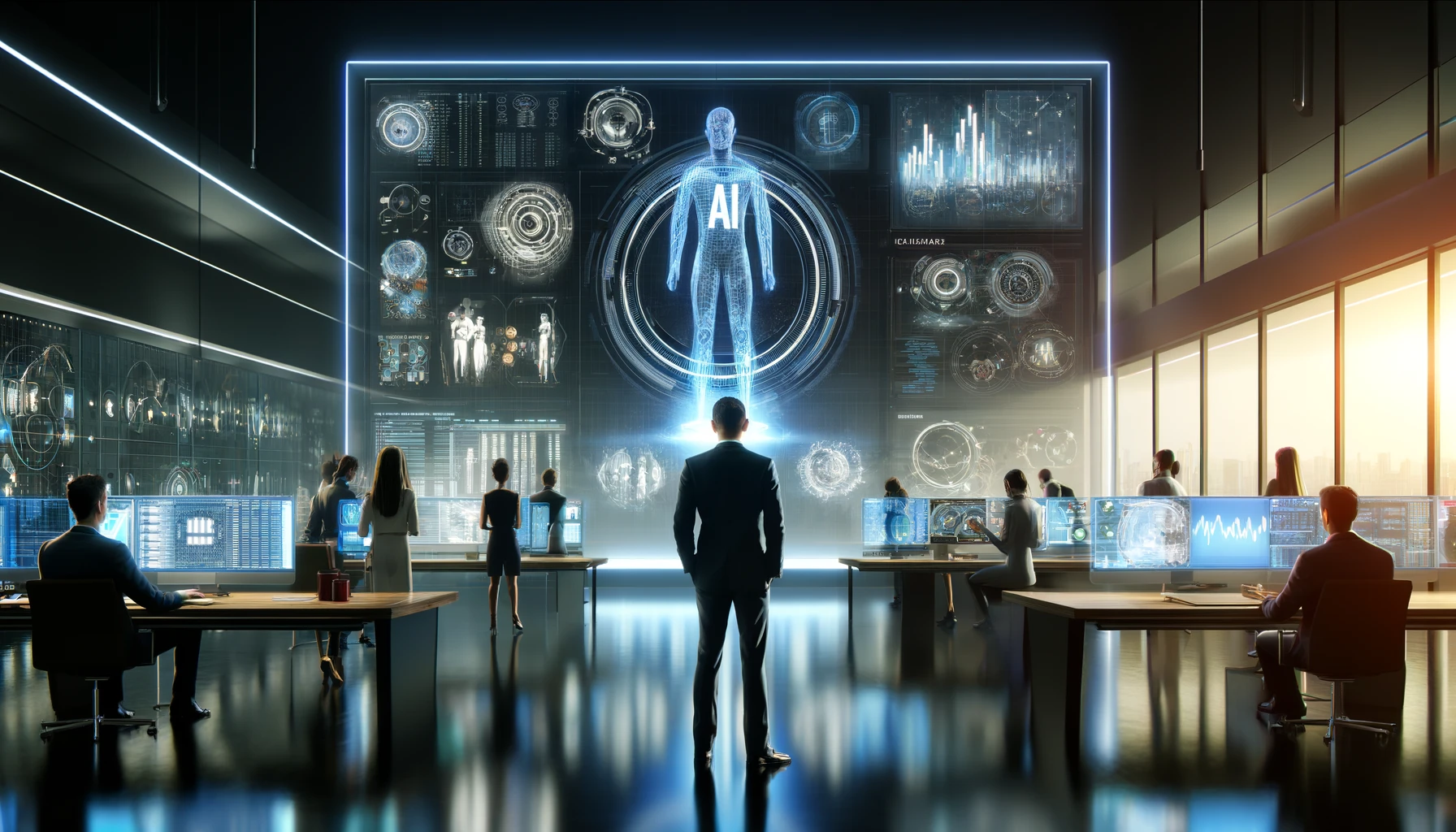
Artificial Intelligence (AI) is not just reshaping the marketing industry; it’s redefining it. As AI technology advances, its applications within marketing are expanding, offering unprecedented capabilities in personalization, efficiency, and analytical depth.
AI in Consumer Insights and Personalization Through sophisticated algorithms, AI analyzes vast amounts of data to identify patterns and trends that human analysts might miss. This capability enables marketers to understand consumer behavior at a granular level, facilitating highly targeted and personalized marketing strategies. For example, AI can predict customer behavior based on past purchases, browsing history, and social media activity, allowing brands to create personalized experiences that resonate with individual preferences.
Automation of Marketing Tasks AI excels at automating complex, time-consuming tasks that are integral to marketing operations. From deploying chatbots for instant customer service to automating content curation and email marketing campaigns, AI frees up marketers to focus on strategic and creative tasks. This shift not only improves operational efficiency but also reduces costs and accelerates campaign deployment.
Enhancing Customer Experiences AI-driven tools are particularly effective in real-time interaction management, offering personalized recommendations and promotions based on the customer’s current engagement. This real-time capability enhances the customer experience, leading to higher satisfaction and increased loyalty.
Case Studies A notable application of AI in marketing is by a leading online retailer that uses predictive analytics to optimize its inventory based on trending products and consumer demand forecasts. This approach has not only improved supply chain efficiency but also increased customer satisfaction by ensuring popular items are well-stocked.
Challenges and Considerations While AI offers many advantages, it also presents challenges, particularly in the realms of privacy and ethical use of data. Marketers must navigate these issues carefully to avoid consumer backlash and regulatory scrutiny. Furthermore, the implementation of AI requires significant investment in technology and skilled personnel, which can be a barrier for some organizations.
Conclusion Artificial Intelligence is transforming marketing by providing powerful tools for personalization, automation, and insight generation. As AI technology continues to evolve, its potential to drive marketing innovation and effectiveness will only increase, offering significant competitive advantages to those who adopt it.







